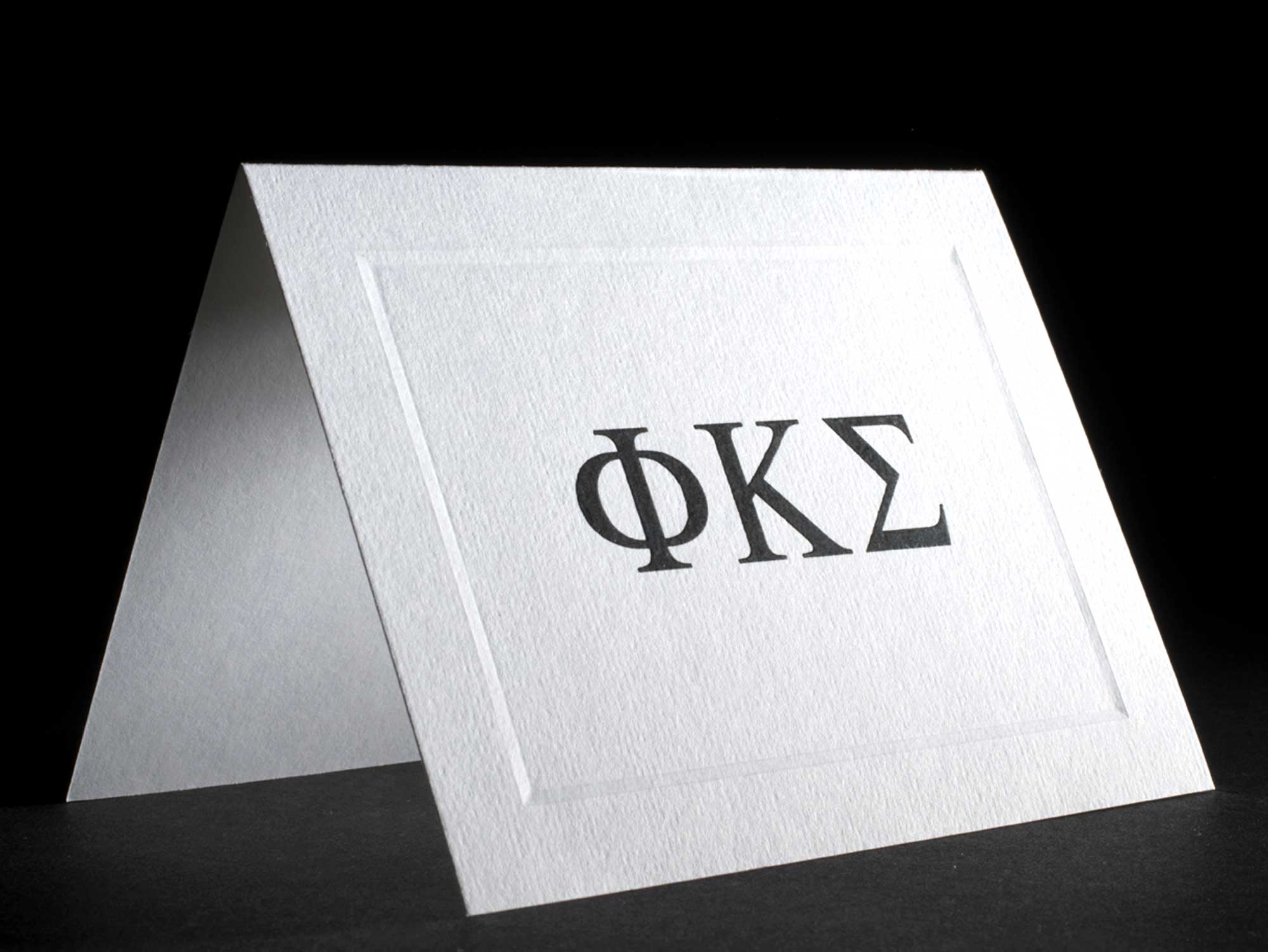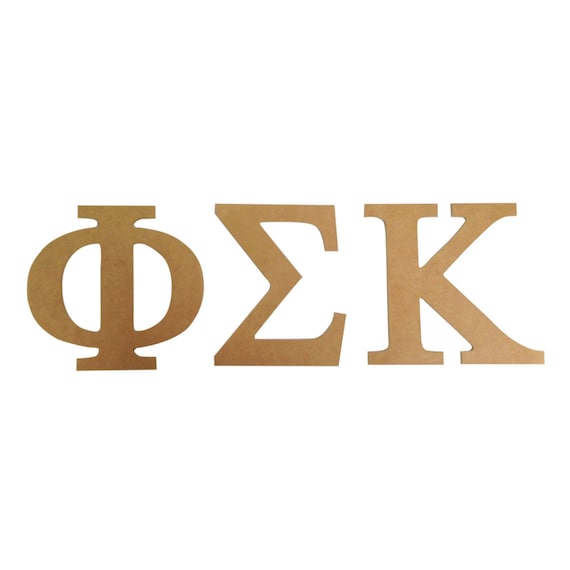


The executive branch comprises this Grand Council, which includes the Grand President and his Board of Directors. They also have the authority to veto policies made by the Grand Council. Depending on the size of a particular chapter, each has a number of votes at the Convention to decide on amendments to the Charter, the Constitution, and the Bylaws of the Fraternity. Under the Laws of the State of Delaware, the legislative branch comprises officers from each chapter who serve as delegates at the General Convention. It is organized much like the Federal Government into three branches: Legislative, Executive, and Juidicial powers. Phi Sigma Kappa was adopted as the group's official name that same year after four years of debate and the work of seven committees. The Grand Chapter was organized in 1878, to tie alumni and undergraduates in a continuing relationship, and Charles Sumner Howe, an 1876 initiate, was elected its first Grand President (at the age of 20). Outsiders referred to them by names such as "T, double T, T upside-down," "The Huddlers," and others. Its cryptic characters could not be pronounced, either (a problem which they had not really considered since it was a secret society). Clay was elected president of the group which for its first five years had no name. The ritual has been changed only six times since, and never drastically. The first meeting seemed destined to succeed for they all had done their work well. Brooks had already prepared a constitution and symbolism, and Hague had designed a ritual. Hague and Brooks even ran the college store. The six founders were typically active college students, members of literary and academic societies and athletic groups, and editors of campus publications. cite bookĭate = 1993] They banded together in their sophomore year (1873) to form a "society to promote morality, learning and social culture." It is then recalled that Henry Hague suggested that, since the six were close and were not interested in the fraternities on campus, they create their own. These, the Founders, were very intelligent and creative. Among its other students in the early 1870s, it had attracted six men of varied backgrounds, ages, abilities, and goals in life who saw the need for a new and different kind of society on campus.

Massachusetts Agricultural College in Amherst-now the University of Massachusetts-is the setting for the founding of Phi Sigma Kappa. Phi Sigma Kappa merged with Phi Sigma Epsilon in 1985.

It was founded on Maby Jabez William Clay, Frederick George Campbell, Joseph Franklin Barrett, Xenos Young Clark, William Penn Brooks, and Henry Hague at Massachusetts Agricultural College in Amherst (now the University of Massachusetts). Phi Sigma Kappa (ΦΣK) is a fraternity devoted to three cardinal principles: the Promotion of Brotherhood, the Stimulation of Scholarship, and the Development of Character. Motto = Do unto others as you would have them do unto you.įree=To Promote Brotherhood, To Stimulate Scholarship, To Develop Character Infobox Fraternity | name = Phi Sigma Kappaīirthplace = Massachusetts Agricultural College flagicon|USA


 0 kommentar(er)
0 kommentar(er)
